STRESSEAZE
Coming Soon…
Ashwagandha, also known as Withania somnifera, is an herb commonly used in Ayurvedic medicine. It is considered an adaptogen, which means it helps the body manage stress. Supplements containing ashwagandha are believed to offer several health benefits. It’s important to note that research is growing in many areas. Here are some of the potential benefits of ashwagandha:
1. Stress and Anxiety Reduction: Ashwagandha is best known for its stress-lowering effects. Studies have shown that it can significantly reduce cortisol levels, a hormone closely linked to stress.
2. Improved Sleep: Some evidence suggests that ashwagandha may improve sleep quality. This is potentially due to its calming effects on the nervous system.
3.Enhanced Physical Performance: There is some evidence that ashwagandha can improve physical performance, including increased strength and improved cardiorespiratory endurance in athletes.
4. Cognitive Health: Ashwagandha may have neuroprotective properties. Some studies suggest that it can enhance memory, cognitive function, and brain health, although more research is needed.
5. Reduced Inflammation and Improved Immune Function: Ashwagandha may help reduce inflammation and improve the immune response. It has been shown to increase the activity of natural killer cells, which are immune cells that fight infection and help keep you healthy.
6. Heart Health: Limited studies suggest that ashwagandha may have benefits for heart health, including improving cholesterol and triglyceride levels.
7. Mood Enhancement: Ashwagandha might have a positive impact on mood, potentially helping to alleviate symptoms of depression, although more research is needed in this area.
8. Support for Thyroid Function: Some evidence suggests that ashwagandha may benefit people with thyroid disorders, particularly those with hypothyroidism, by normalizing thyroid hormone levels.
9. Male Fertility and Testosterone: In men, ashwagandha may increase testosterone levels and improve fertility, particularly in those with stress-related fertility issues.
It’s important to note that while ashwagandha is generally considered safe for most people, it may not be suitable for everyone. Pregnant or breastfeeding women, people with autoimmune diseases, and those on certain medications should consult a healthcare provider before taking ashwagandha supplements. The optimal dose of ashwagandha may vary based on the individual and the condition being treated, so professional guidance is advisable.



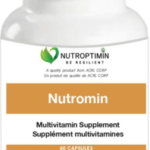

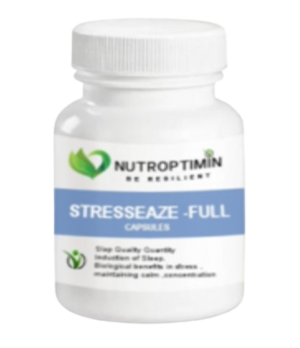
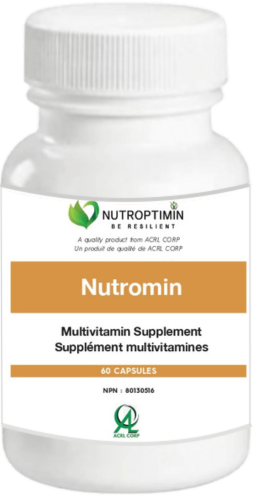
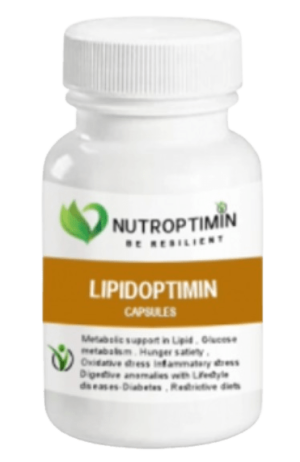
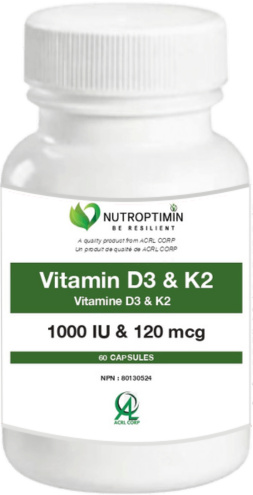
Reviews
There are no reviews yet.